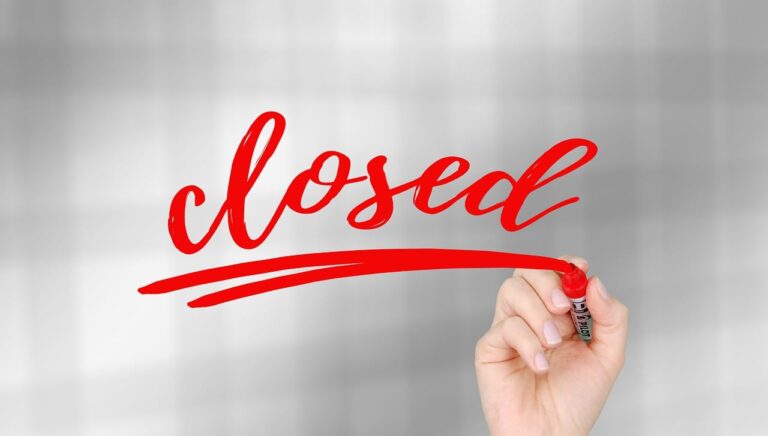The Capitol Report, produced by WisPolitics.com — a nonpartisan, Madison-based news service that specializes in coverage of government and politics — provides a weekly analysis of issues being debated in Wisconsin state government. It is underwritten by the WNA and produced exclusively for its members. WisPolitics.com President Jeff Mayers is a former editor and reporter for the Associated Press and a former political writer for the Wisconsin State Journal.
EDITOR’S NOTE: This column is provided to Wisconsin Newspaper Association members by WisPolitics.com. Proper attribution in your newspapers IS REQUIRED, including the byline “WisPolitics.com” and the tagline at the end of the column.
Another legal showdown is looming between the Democratic Gov. Tony Evers and the Republican-run Legislature.
GOP Assembly Speaker Robin Vos is threatening the GOP-controlled Legislature will have “no choice but to go to court” if Evers vetoes legislation that would give lawmakers oversight of how federal money is spent under the new $1.9 trillion COVID-19 bill President Biden recently signed into law.
Vos called it unconstitutional for Evers to spend dollars without legislative oversight, as the Wisconsin Constitution dictates no dollars may be spent without an appropriation.
“If you vote no, you’re basically saying ‘what’s the point of having a Legislature?’” he said. “We have a chance to fix it now. If for some reason the governor vetoes this bill, we will have no choice but to go to court.”
Wisconsin law allows the governor to spend federal money the state receives unless it is structured to give the Legislature oversight, according to the Legislative Fiscal Bureau. So far, for example, the Legislature has had input on some child care block grants through the COVID bills as well as a small pot of education money.
Evers’ office pointed out GOP legislative leaders last spring sent the governor a letter stating “you and your administration have the sole authority to allocate the federal stimulus money” from a package Congress and the Trump administration approved nearly a year ago. That package included $2.2 billion for Wisconsin with $1.9 billion for the state. The latest package includes $5.7 billion for Wisconsin, including $3.2 billion for the state.
“It would be unfortunate for Republicans to threaten to once again delay getting relief to Wisconsin businesses and farmers and families after last year they took nearly 300 days to take action on a COVID relief bill,” said Evers spokeswoman Britt Cudaback.
The Assembly on March 23 approved the bill 59-36 after it earlier cleared the Senate 18-12.
During debate in the Senate, Democrats argued the legislation would slow down the aid reaching state residents and businesses that need it. Democrats also questioned the point of taking up the bill when Evers has already vowed to veto it.
Republicans, meanwhile, argued giving Evers sole authority to decide how the money is divided up defied logic. Sen. Dale Kooyenga, R-Brookfield, argued the framers created legislatures to have members who had more intimate relationships with constituents than statewide elected officials while coming from different backgrounds to provide unique expertise.
He said the economy and education and transportation systems are complex in Wisconsin.
“One person cannot internalize those complexities and then make decisions to disburse that money in a way that’s most effective,” Kooyenga said.
Majority Leader Devin LeMahieu, R-Oostburg, also chided a half-dozen Senate Democrats who supported a similar proposal a dozen years ago, when their party controlled both houses of the Legislature and Gov. Jim Doyle was in the East Wing.
But Democrats countered Republicans hadn’t earned their faith to put politics aside and do what’s best with the money for Wisconsinites.
Sen. Jon Erpenbach, D-West Point, said GOP legislative leaders haven’t always been on the same page in recent months, and there was no guarantee they could agree on how to spend the federal money.
Under the legislation, Evers “as soon as practical” would be required to submit to the Legislature’s Joint Finance Committee a plan to spend any COVID-19 federal funds received through June 30, 2022. The
committee would then review the proposal through the 14-day passive review process. If no committee member raised an objection, the plan would take effect. Otherwise, the committee would have to convene and vote to approve a plan on how to spend the money.
Democrats pointed out the committee could also just sit on the money without approving a new plan. And they noted Republicans refused to convene for nearly nine months last year amid the ongoing COVID-19 pandemic.
“The last thing we need to do is slow down money to Wisconsinites, to Wisconsin businesses, to programs that help people, and that’s what this is going to do,” Erpenbach said.
During Senate debate, Republicans shot down a Democratic amendment to add a provision to the bill that would renew the suspension of a one-week waiting period before laid off Wisconsin workers can begin collecting unemployment. The latest suspension expired March 14, and the state is missing out on federal funds to cover 100 percent of the first week of unemployment for those out of work.
For more, visit WisPolitics.com
The Capitol Report is written by editorial staff at WisPolitics.com, a nonpartisan, Madison-based news service that specializes in coverage of government and politics, and is distributed for publication by members of the Wisconsin Newspaper Association.
Copyright © WisPolitics.com



